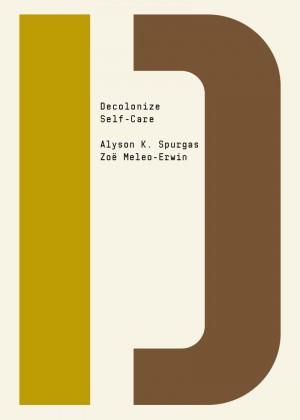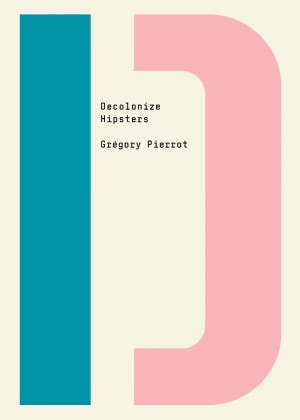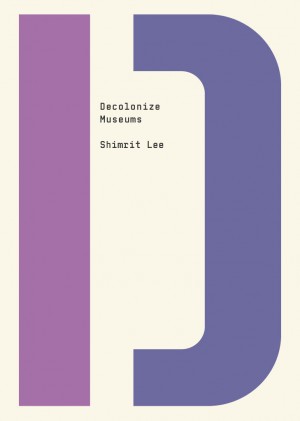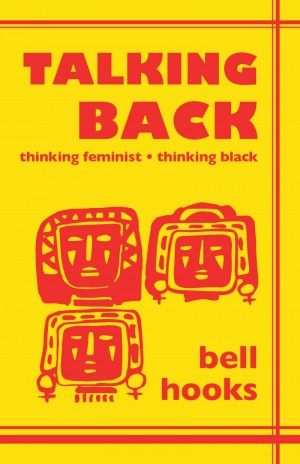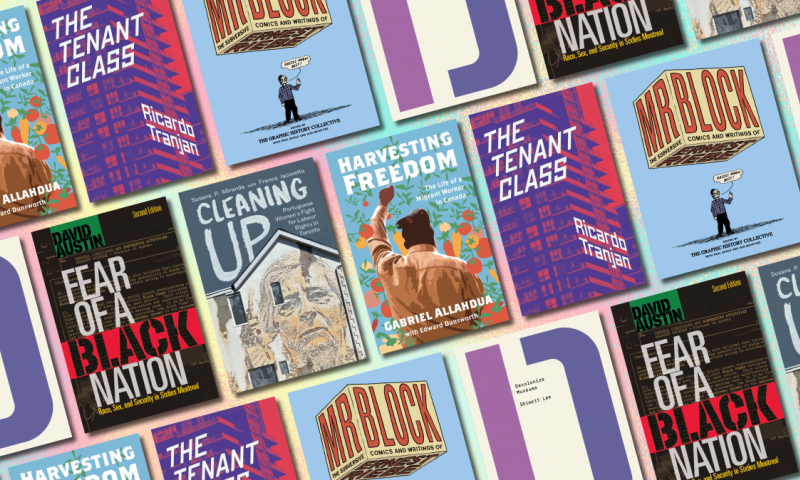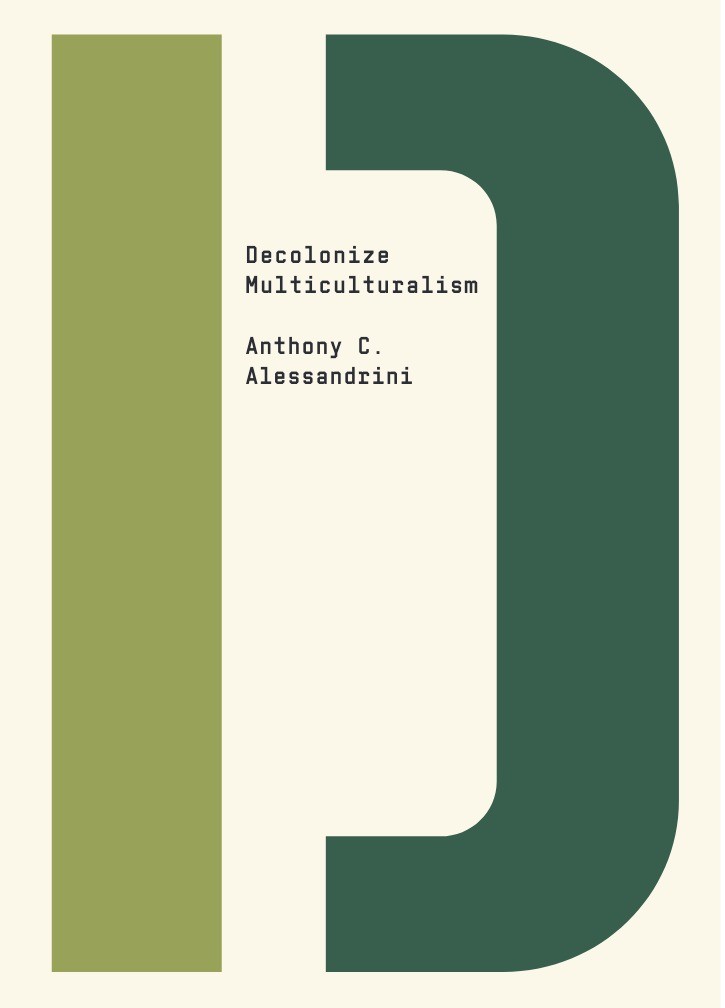
Part of the Decolonize That! Bundle
Decolonize Multiculturalism
For those interested in continuing the struggle for decolonization, the word “multiculturalism” can seem like a sad joke. After all, institutionalized multiculturalism today is a muck of buzzwords, branding strategies, and virtue signaling that has nothing to do with real struggles against racism and colonialism. But Decolonize Multiculturalism unearths a buried history.
The book focuses on the student and youth movements of the 1960s and 1970s, inspired by global movements for decolonization and anti-racism, which aimed to fundamentally transform their society, as well as the fierce repression of these movements by the state, corporations, and university administrations. Part of the response has been sheer violence—campus policing, for example, only began in the ’70s, paving the way for the militarized campuses of today—with institutionalized multiculturalism acting like the velvet glove around the iron fist of state violence.
And yet today’s multiculturalism also contains residues of the original radical demands of the student and youth movements that it aims to repress: to open up the university, to wrench it from its settler colonial, white supremacist, and patriarchal capitalist origins, and to transform it into a place of radical democratic possibility.
Praise
“Decolonize Multiculturalism seeks to steal the project of multiculturalism from the clutches of opportunistic elites aboard ‘armed lifeboats’ and put it back into the hands of young rebels—past, present, and future—for the sake of destroying the world to build it anew. In prose so playful and fun that makes decolonization irresistible, Tony Alessandrini weaves together a history of the present to chart out a future worth fighting for.”
– Noura Erakat, associate professor of Africana studies and the program in criminal justice, Rutgers University
“This book boldly calls for a multiculturalism that is deep and committed rather than one that is superficial and institutionally driven. Alessandrini shows how we can produce a radical multiculturalism if we build from the ongoing legacies of decolonization. May we all heed its rallying cry.”
– Roderick A. Ferguson, author of We Demand: The University and Student Protests
“Written with wit and imagination… [this] is a timely reminder that multiculturalism cannot be confined and defined by the platitudes of pundits who pontificate about political correctness, critical race theory, wokeism, or some other moral panic.”
– Daniel McNeil, author of Thinking While Black: Translating the Politics and Popular Culture of a Rebel Generation
Contents
| Editor’s Preface | |
| Introduction | Dreams Begin Here |
| Chapter One | Starting from Where We Are, or Decolonization Isn’t Just for T-Shirts! |
| Chapter Two | The Ends of the Culture Wars and the Rise of Institutional Multiculturalism, or Leaving Europe |
| Chapter Three | Multiculturalism versus Monoculturalism, or Build That Wall! (With Great Books) |
| Chapter Four | Killing Students and Securing Campuses, or Call the Multicultural Police! |
| Chapter Five | Multiculturalism and Diversity, or the Difference that Makes No Difference |
| Chapter Six | Keep the Students Out of the Boardroom, or The University Must Be Protected! |
| Chapter Seven | Overthrowing Austerity Multiculturalism, or You Won’t Find Decolonization on the Syllabus |
| Conclusion | Decolonization Means the End of the World (That’s the Good News) |
| Acknowledgements | |
| Appendix | Resources for Decolonizers |
| Bibliography |
Extras
Read an Excerpt
From the moment it was founded in 1847 as the Free Academy—which later became City College—CUNY was envisioned as a radical experiment in public education. As Dr. Horace Webster, the first president of the Free Academy, declared at its opening ceremony: “The experiment is to be tried, whether the children of the people, the children of the whole people, can be educated; and whether an institution of the highest grade, can be successfully controlled by the popular will, not by the privileged few” (it should probably be noted, however, that the actual founder of the Free Academy was Townsend Harris, a wealthy businessman and politico). From the beginning, CUNY was tuition-free, thus seeming to live up to its mission of radical inclusiveness.
But CUNY was also, for more than a century, diversity-free: in other words, completely segregated. As late as 1969, CUNY’s flagship campus, City College, located in the heart of Harlem, was 97 percent white. Brooklyn College was 96 percent white, despite the fact that more than a third of the borough’s residents were Black or Hispanic. The subsequent desegregation of CUNY, which ushered in the diversity celebrated today by college administrators and enshrined in glossy ad campaigns, was in fact accomplished largely via the struggles of student movements.
In the spring of 1969, students at every CUNY campus rose up in protest; student activists occupied administrative buildings at Brooklyn College and Queens College, and a student strike shut down City College for two weeks. Student organizers, together with a handful of faculty and staff supporters, faced down institutional sanctions, police violence, attacks by racist right-wing thugs, and the hostility of “law and order” city politicians who called for even more violence to be brought against “disruptive” students—not to mention university administrators more ready to call in the cops than to address student demands.
These student movements—from the Third World Coalition at Hunter College, to the Black and Puerto Rican Student Community and the W. E. B. Du Bois Club at City College, to the Black League of Afro-American Collegians and the Puerto Rican Alliance at Brooklyn College, to the various chapters of Students for a Democratic Society that were active at campuses throughout the CUNY system—were deeply influenced and inspired by ongoing struggles for decolonization, which they linked to their anti-racist work within the university. As one student activist writes in his account of the history of struggle at CUNY: “The rapid decolonization of Africa, the Cuban Revolution and the appearance of armed national liberation movements across Latin America, the upheavals taking place in China, and the heroic resistance of the Vietnamese to the aggression of the mightiest military power in human history all contributed to a situation in which oppressed people everywhere imagined that they could make great gains through struggle.” Today’s CUNY, the diversity university, wouldn’t exist without these struggles to decolonize the “people’s university.”

